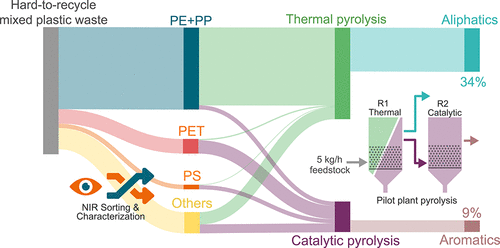
Full Utilization of Hard-to-Recycle Mixed Plastic Waste by Conversion toward Pyrolysis Oil and BTX Aromatics on a Pilot Scale
This study investigates the technological feasibility of recycling mixed plastic waste streams into chemical building blocks on a pilot scale.
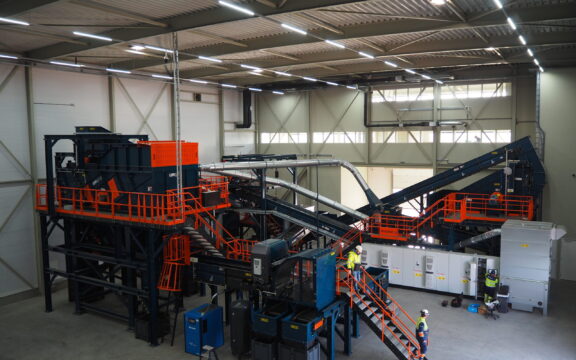
Losses and emissions in polypropylene recycling from household packaging waste
In this study the LEMPLAR consortium replicated a typical high-quality post-consumer polypropylene (PP) recycling process to investigate its losses and emissions and study potential improvements.
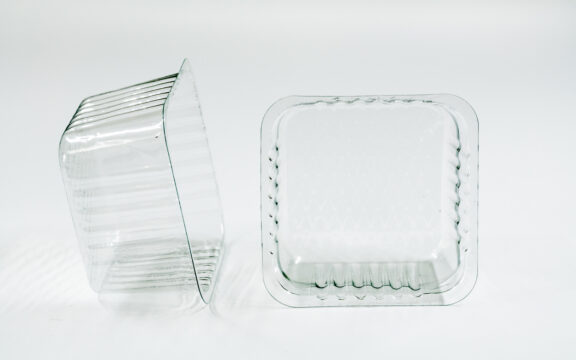
Mechanical Recycling of PET Multi-Layer Post-Consumer Packaging: Effects of Impurity Content
The recycling of PET trays is highly challenging. The aim of this paper was to investigate the issues related to the mechanical recycling process and, the correlation between feedstock composition...

Pyrolysis of Real Packaging Plastic Waste Streams in a Fluidized-Bed Pilot Plant
Pyrolysis of different packaging plastics waste streams (DKR350) and films/foils (DKR310) was conducted at the pilot scale in a fluidized-bed reactor at 500 °C and 5 kg h−1 with the...

Volatile organic contaminants in HDPE milk bottles along the mechanical recycling value chain, revealing origins and contamination pathways
To progress towards closed-loop recycling of plastic packages, it is vital to understand the origin of contaminants and to develop effective mitigation strategies. High-density polyethylene (HDPE) milk bottles were sampled...

Strategies to enhance the circularity of non-bottle PET packaging waste based on a detailed material characterisation
The circularity of non-bottle PET packaging remains a challenge to improve. This article discusses several ways to enhance the recyclability of various PET tray products.

Scenarios as input to InReP
Gain unprecedented insights into the future of the plastic value chain with our comprehensive report.
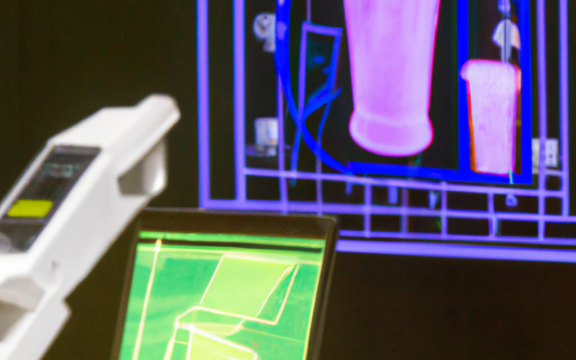
Mono / Multilayered Plastic Sorting Based on Multi-Block Non-Negative Matrix Factorization
Plastic sorting is an essential part of waste management. However, the presence of multilayered plastic makes sorting much more challenging.
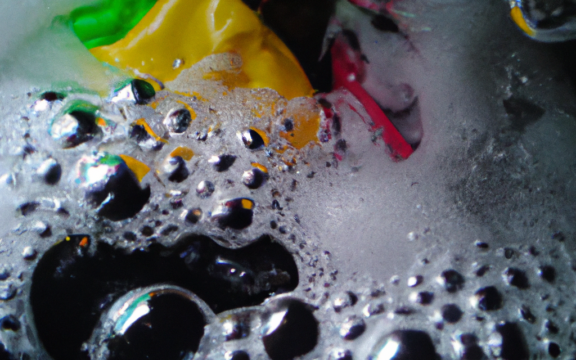
Pyrolysis of mixed plastic waste (DKR-350): Effect of washing pre-treatment and fate of chlorine
What is the effect of washing pre-treatment and fate of chlorine? The influence of different washing procedures was investigated.
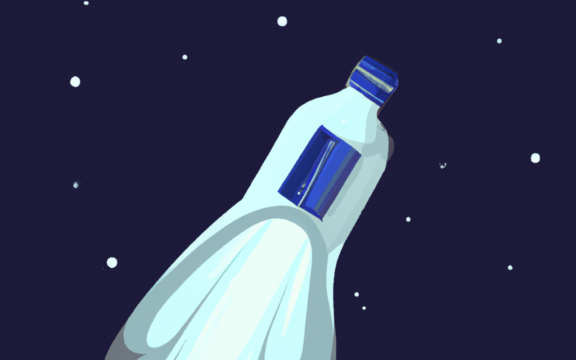
Pyrolysis of mixed plastic waste: predicting the product yields
The predictability of pyrolysis yields and product composition of mixed plastics has been studied.

Sortability of packaging towards dummyplastic streams for chemical recycling
In this publication the sortability of 16 packaging materials to create 2 dummy benchmark streams was determined.
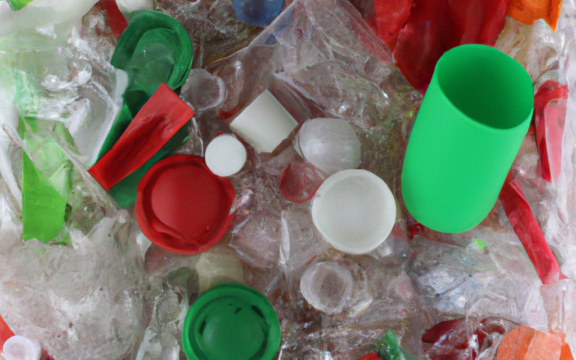
Non-Negative Matrix Factorization and Systematic Simplification of Hyperspectral Images for High-Speed Plastic Sorting
A simple and efficient procedure for the selection of essential pixels/wavelengths in HSI data sets is introduced with a high potential for application in industrial plastic sorting.
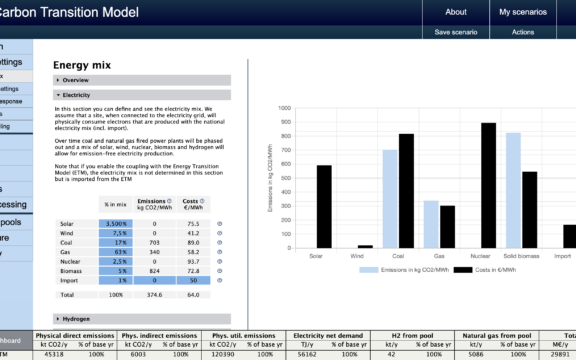
Carbon Transition Model for Dutch industry
The Carbon Transition Model maps out raw material, energy and emission flows in order to predict how to achieve sustainability.